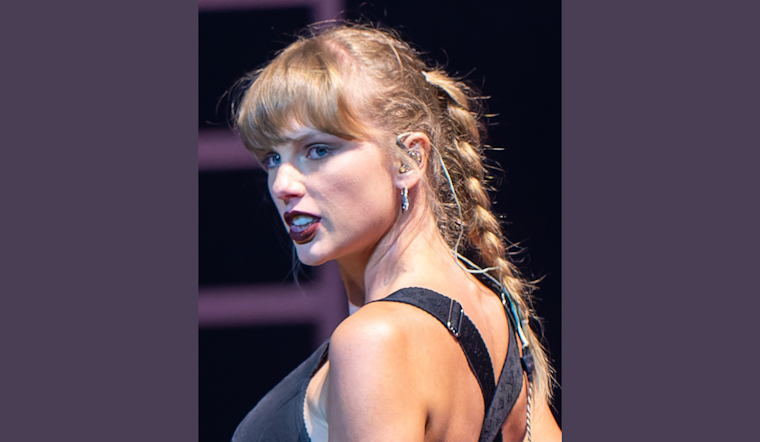
The Michigan House committee has given the green light to a bipartisan push against the use of automated ticket bots with the passage of House Bills 5661 and 5662, informally referred to as the "Taylor Swift" bills. CBS News Detroit reported that these measures are a response to the high demand and rapid sellout of tickets for Taylor Swift's Eras Tour, which left many fans facing exorbitant resale prices.
In the works of State Rep. Graham Filler, R-Duplain Township, and State Rep. Mike McFall, D-Hazel Park, these bills aim to curb the profiteering practices of ticket bot operators driving prices to astronomical levels, often out of reach for average concert-goers. Despite federal regulations against such bots, enforcement has lacked effectiveness, prompting state-level action. McFall highlighted this frustration, noting that "it’s already against federal law, but the federal government doesn’t do anything," which he shared with Click On Detroit.
Under the new legislation, the attorney general's office would be given the authority to pursue legal action against those using bots to unfairly purchase tickets, with possible fines of up to $5,000 for each illegitimately obtained ticket. "We need to put an end to the exploitation and greed that has plagued event ticket sales for far too long," Filler commented, according to a release from CBS News Detroit.
Having cleared the House Regulatory Reform Committee, the proposed "Taylor Swift" bills have now moved to the House of Representatives for further debate. This step forward builds upon a 2020 law that repealed the ban on reselling tickets above face value, provided they are bought by individuals and not by automated technologies, as reported by Up North Live. These bills may also have a positive impact on the state's economy by making Michigan a more welcoming destination for live events and festivals, emphasized by Filler's vision for a fairer ticketing landscape.









